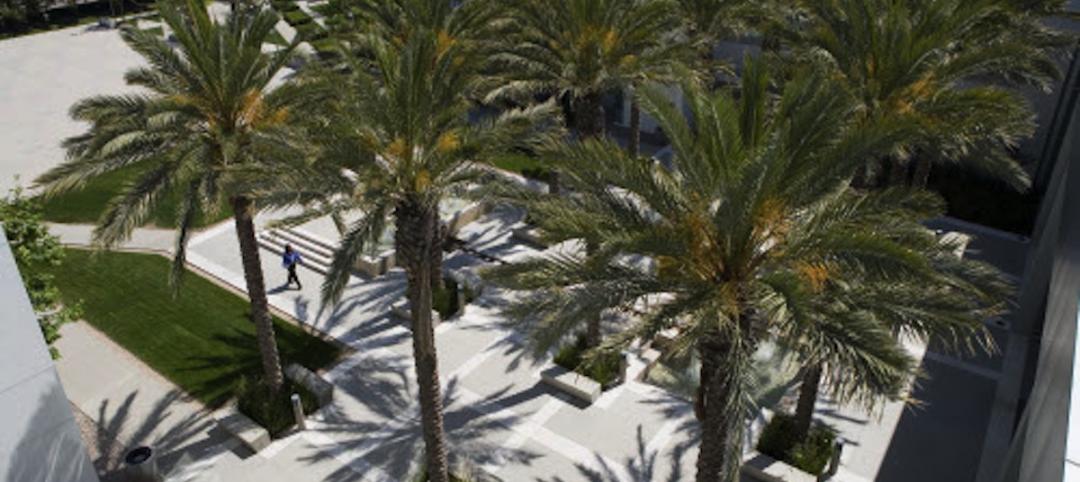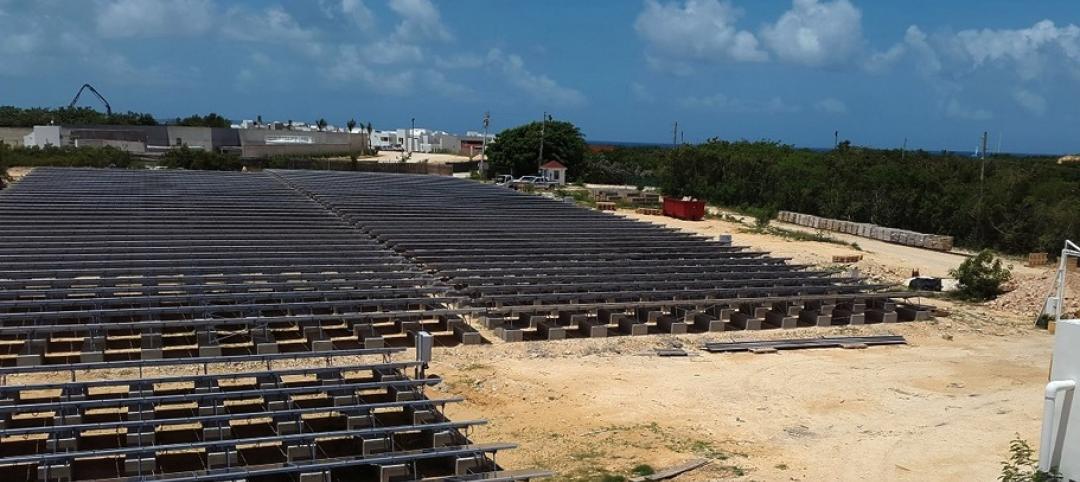Washington, D.C. topped the annual U.S. Environmental Protection Agency's (EPA) ranking of U.S. cities with the most Energy Star buildings.
The nation’s capitol was propelled to the top spot by its new benchmarking law requiring large private buildings to measure and publicly report their energy and water performance using the Energy Star Portfolio Manager online tool. D.C. is the first city in the U.S. to adopt this law.
With 480 Energy Star-certified buildings, the EPA estimates D.C.'s Energy Star buildings have saved $127.1 million, and enough electricity to power 73,500 homes. Los Angeles fell to second place with 475 certified buildings.
To earn the Energy Star certification, a commercial building must score 75 or higher on an energy efficiency scale out of 100 on the Energy Star online tool. A score of 50 is the average. Certification requires a professional engineer or registered architect to verify that the assessment is accurate.
Related Stories
Green | Jul 7, 2015
Philips sheds new light on growing fresh food indoors
A research center in The Netherlands is testing the latest techniques in urban farming.
Green | Jun 29, 2015
Rick Fedrizzi to step down as USGBC’s Chief Executive next year
Fedrizzi will be leaving an organization that has grown to 76 chapters. The Washington, D.C.-based USGBC employs 260 people, and last year reported $74.1 million in revenue.
Green | Jun 26, 2015
Training center for electricians in L.A. focuses on net zero technologies
Construction has begun Los Angeles County on what is being called the nation’s largest Net Zero Plus retrofit of a commercial building.
Green | Jun 24, 2015
6 steps toward better water management [AIA course]
When it comes to water conservation, Building Teams tend to concentrate on water-efficient plumbing fixtures, irrigation controls, graywater capture, and ways to recycle condensate from air-conditioning systems. Yet many of the best opportunities for saving water begin with big-picture thinking in a project’s earliest phases.
Green | Jun 19, 2015
3 steps toward sustainable landscape architecture
A water-conscious, sustainable landscape is easily achievable, and the options for native and drought tolerant plants far exceed cacti and succulents, writes LPA's Richard Bienvenu.
Green | Jun 18, 2015
‘Solar water’ poised as global solution
Strapped with both water and energy crises, several island nations are investing in solar-powered water plants to attain more resilient water and power sources.
Lighting | Jun 17, 2015
LED lighting: Replaceable or disposable?
While first generation LED lighting fixtures were basically your standard incandescent or fluorescent housing retrofitted with LED light boards, manufacturers have now begun designing fixtures around the LEDs, writes SmithGroupJJR's Michael Nowicki.
High-rise Construction | Jun 15, 2015
Cornell Tech breaks ground on world's first Passive House residential high-rise
To achieve Passive House standards, Cornell Tech Residential will incorporate a number of sustainability-focused design elements. The façade, constructed of a prefabricated metal panel system, acts as a thermally insulated blanket wrapping the building structure.
Green | Jun 10, 2015
GBCI launches rating system for sustainable landscapes
The new SITES rating system can be applied to development projects located on sites with or without buildings, ranging from national parks to corporate campuses, streetscapes and homes, and much more.


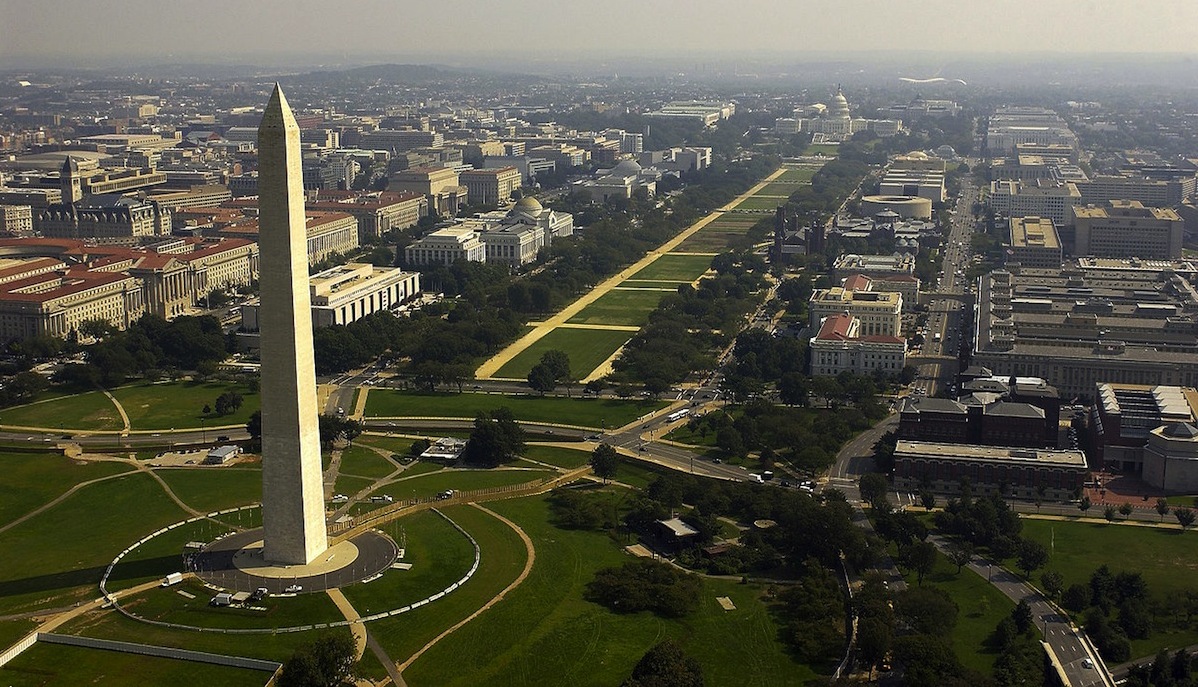
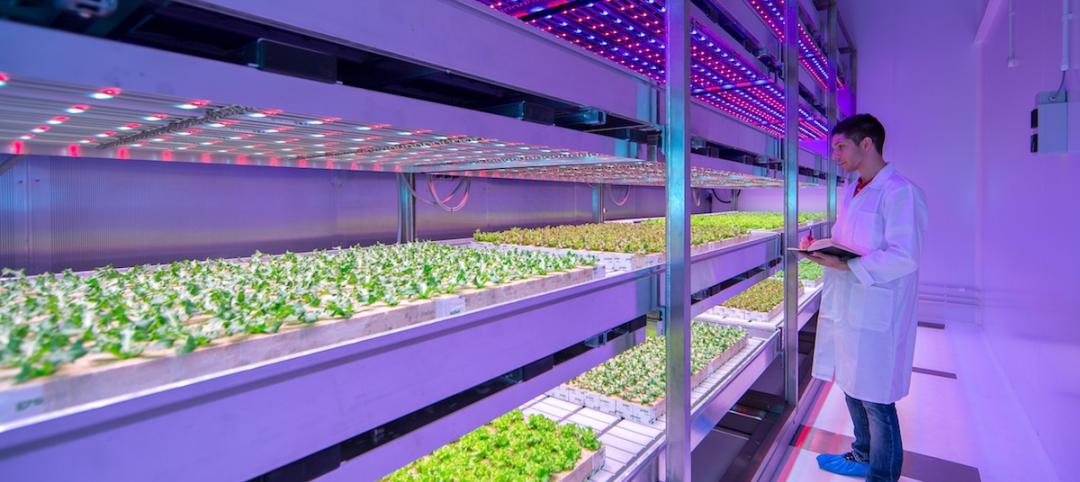
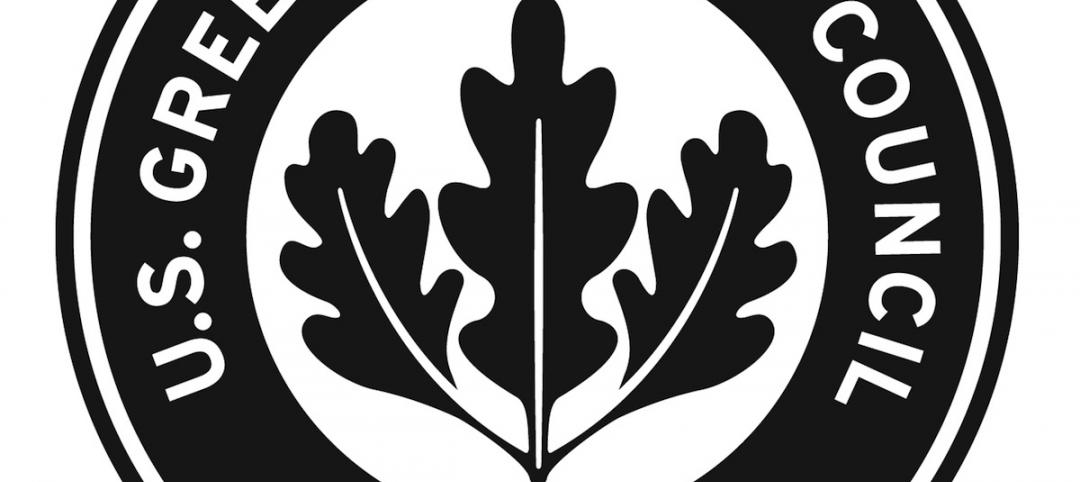
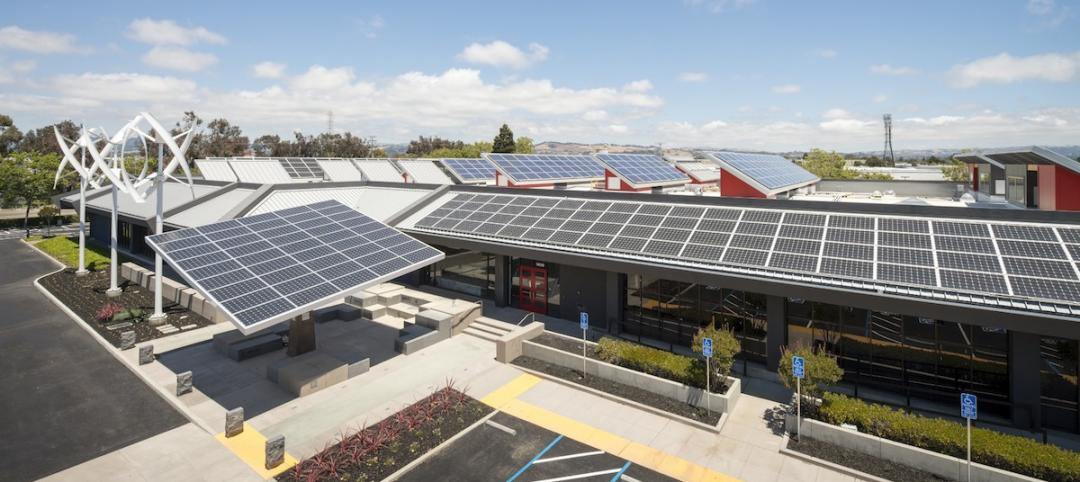
![6 steps toward better water management [AIA course] 6 steps toward better water management [AIA course]](/sites/default/files/styles/list_big/public/VanDusen513.026_grassfix_stairfix.jpg?itok=K8oOWak9)
